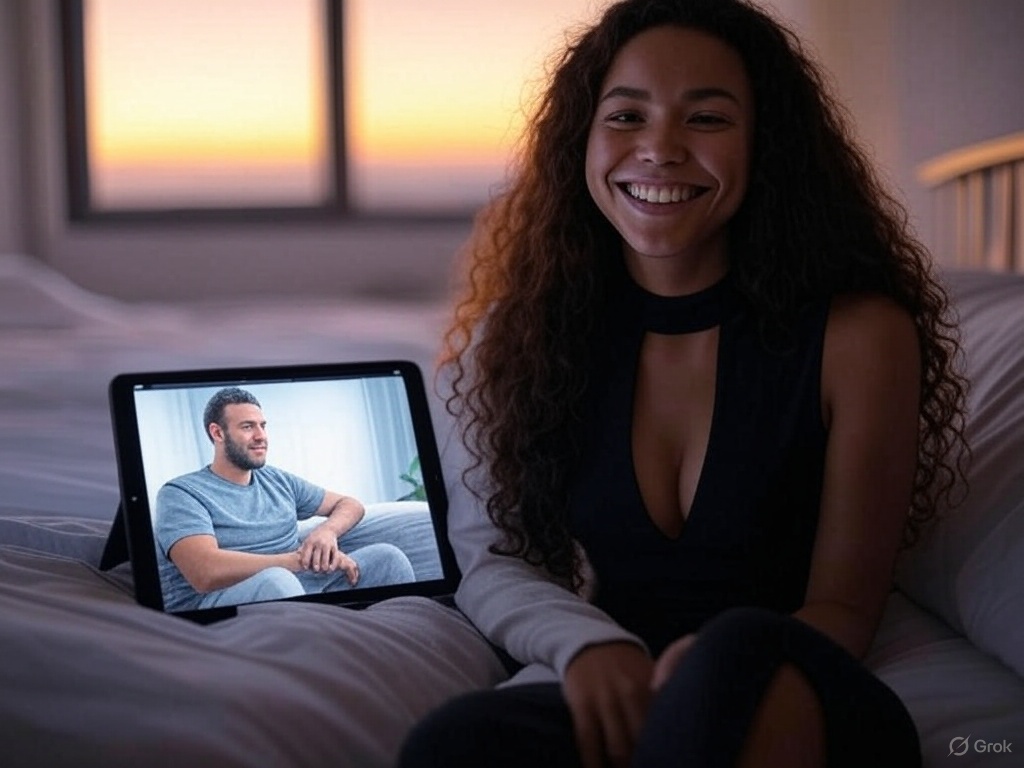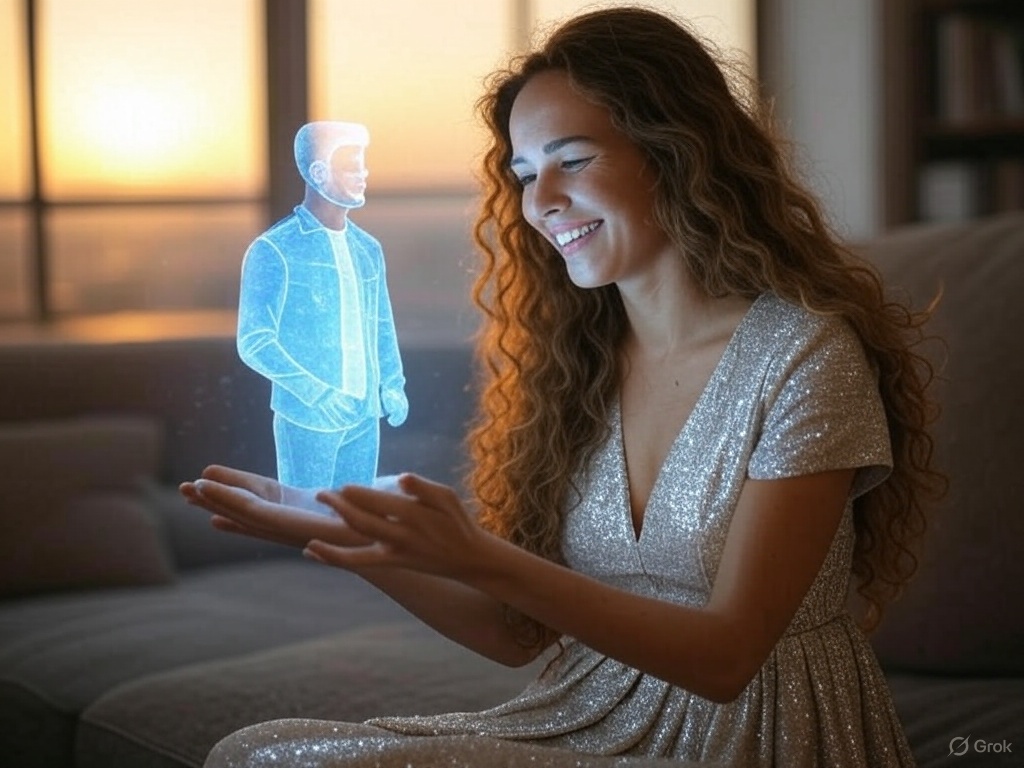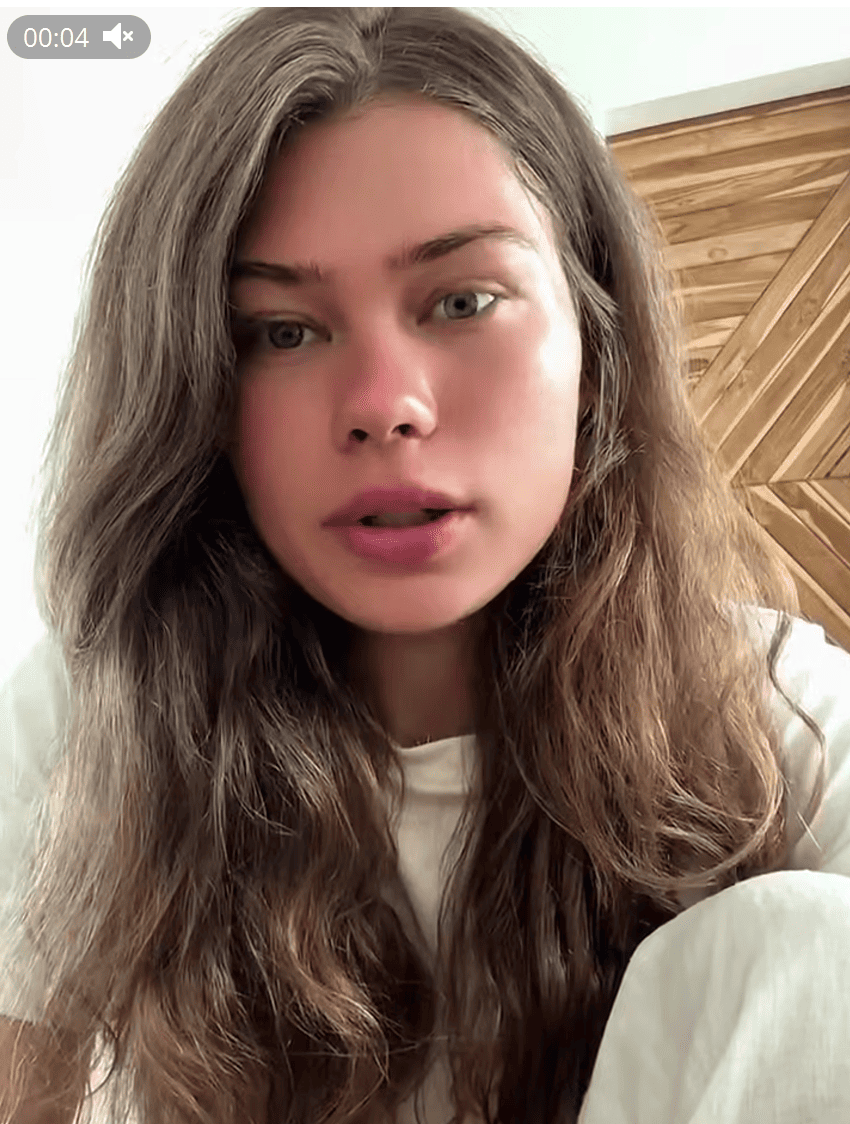In a viral social media post, a young woman confessed her deep dependence on ChatGPT, sparking a flood of similar stories in the comments.
 For her, the AI has become more than a tool—it’s a doctor, a business partner, a friend, a personal therapist, and even a soulmate. “It’s always there, supportive, and non-judgmental,” she wrote. While her story resonates with many Zoomers, it also raises unsettling questions about the role of AI in modern relationships.
For her, the AI has become more than a tool—it’s a doctor, a business partner, a friend, a personal therapist, and even a soulmate. “It’s always there, supportive, and non-judgmental,” she wrote. While her story resonates with many Zoomers, it also raises unsettling questions about the role of AI in modern relationships.
For Generation Z, raised in a digital world, ChatGPT and similar AI models have transcended their original purpose as productivity tools. They’ve become constant companions, filling emotional and social gaps.
The woman’s post describes how she turns to ChatGPT for advice on everything — from mental health struggles to business decisions. It listens patiently, offers tailored responses, and never tires, unlike human connections that can falter under pressure. Commenters echoed her experience, sharing how AI has helped them navigate loneliness, anxiety, or even romantic heartbreak.
Also read:
- Most Will Not Gain Access to the "Highest" Level
- Elon Musk Claims to Be a '3,000-Year-Old Time-Traveling Alien' Possibly Adopting Various Identities
This phenomenon reflects a broader trend among Zoomers, who are increasingly turning to AI for emotional support. With mental health challenges on the rise and social isolation exacerbated by the pandemic, AI’s accessibility and lack of judgment make it an appealing substitute for human interaction.
 Unlike a friend who might be busy or a therapist who requires appointments, ChatGPT is available 24/7, offering instant validation and advice.
Unlike a friend who might be busy or a therapist who requires appointments, ChatGPT is available 24/7, offering instant validation and advice.
Yet, this reliance comes with a dark side. The woman’s story, while relatable, paints a picture of AI replacing nearly every meaningful human connection in her life.
Experts warn that over-dependence on AI could deepen social isolation and erode real-world relationships.
While ChatGPT can mimic empathy, it lacks the emotional depth and unpredictability of human bonds. The illusion of a “soulmate” in an algorithm risks creating a feedback loop where users retreat further into digital comfort, avoiding the messiness of real-life interactions.
The comments under the post reveal a split perspective. Some Zoomers celebrate AI as a lifeline, crediting it with helping them through tough times. Others express unease, calling the trend “dystopian” and questioning whether AI is truly a substitute for human connection. “It’s scary how much I rely on it,” one user admitted. “What happens when it knows me better than I know myself?”
As AI continues to evolve, its role in Zoomers’ lives will only grow. For now, stories like this woman’s highlight a paradox: ChatGPT offers unparalleled support, but at what cost?
When an algorithm becomes your friend, therapist, and soulmate, the line between connection and dependency blurs. For a generation craving authenticity, the challenge will be balancing AI’s benefits with the irreplaceable value of human relationships.






